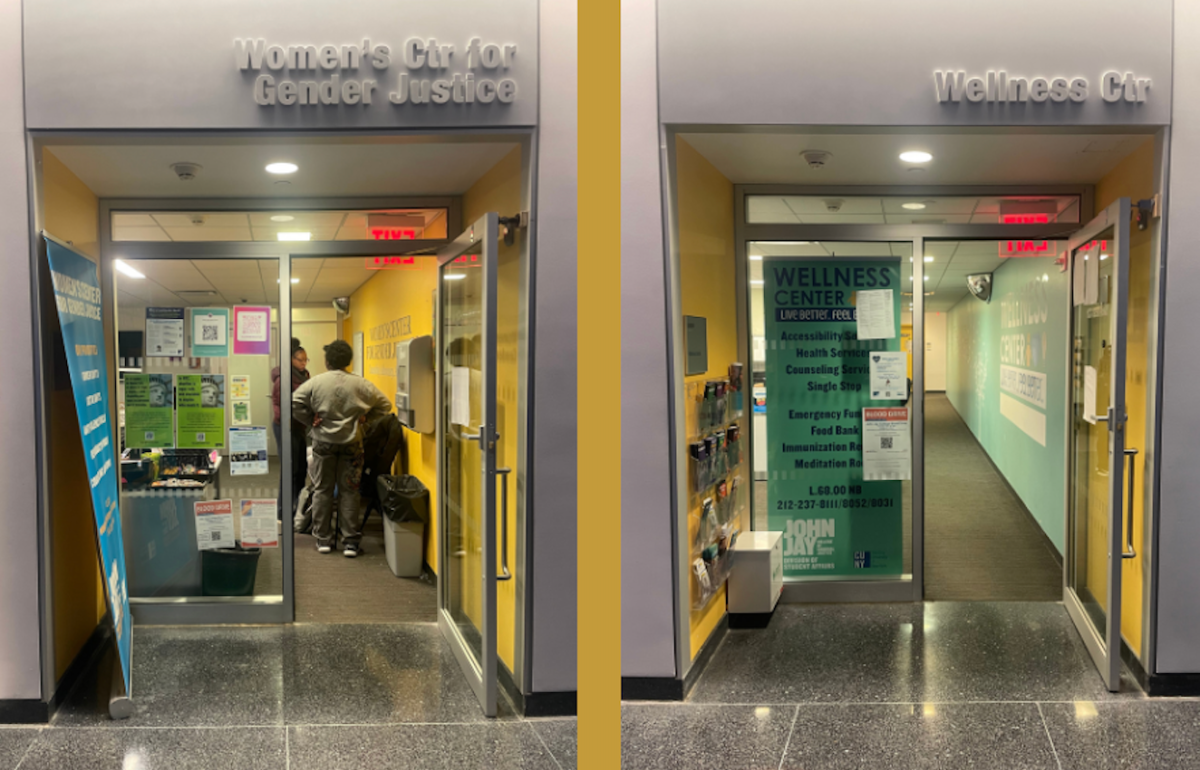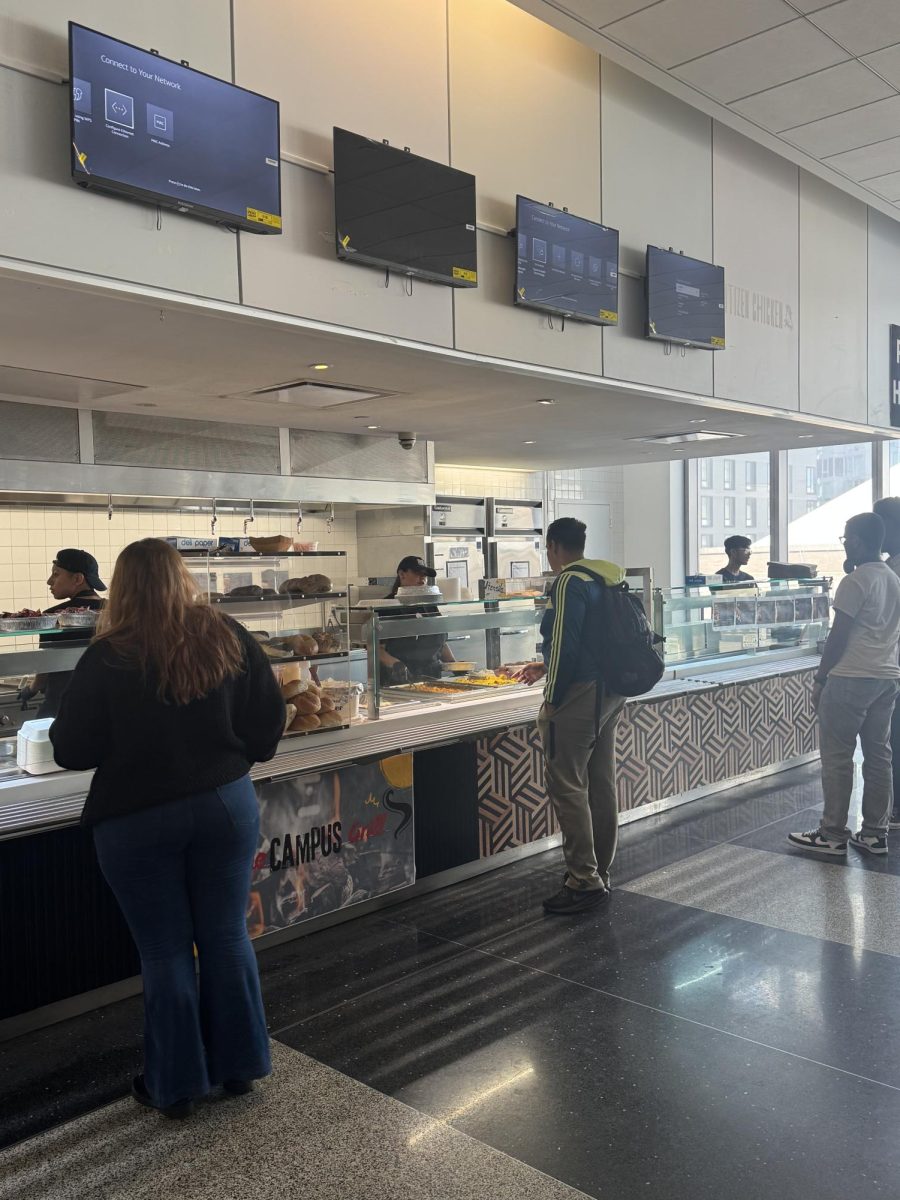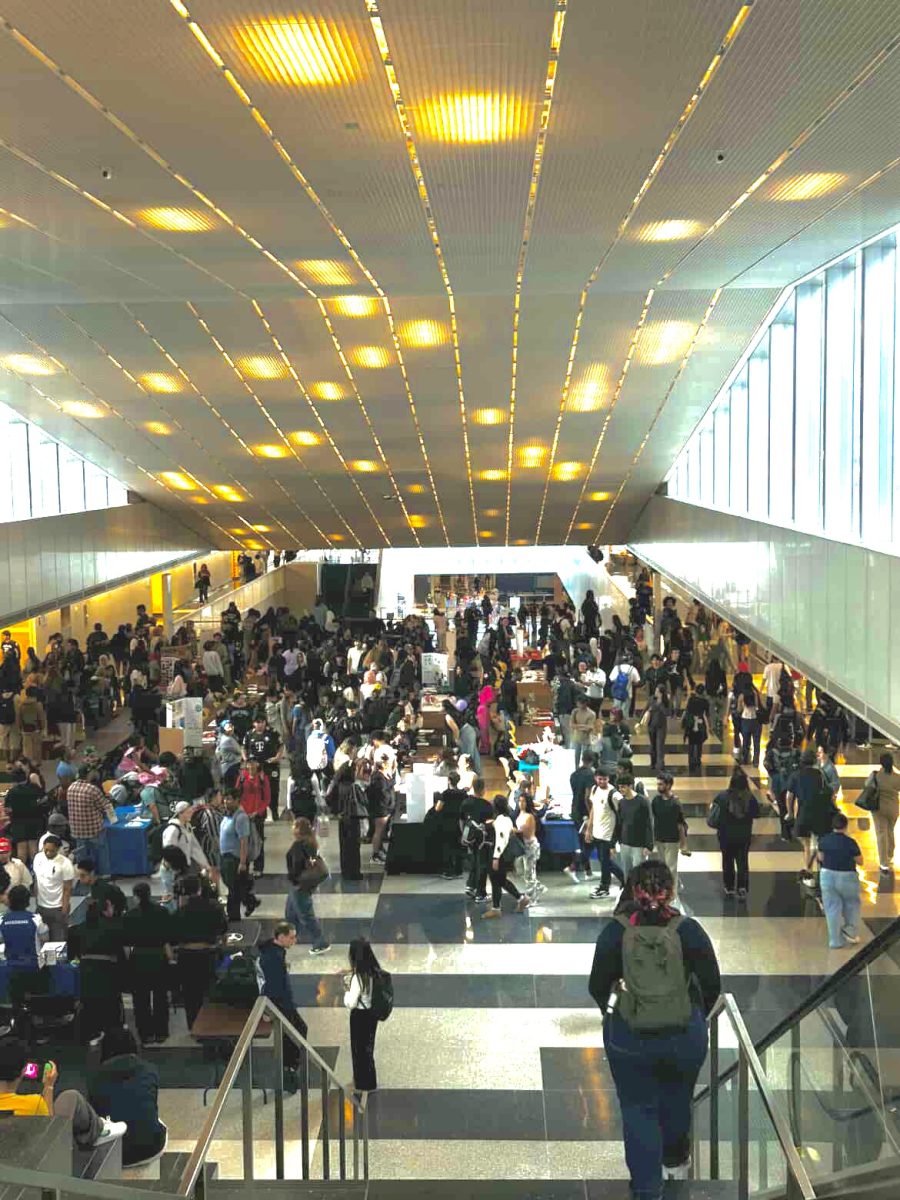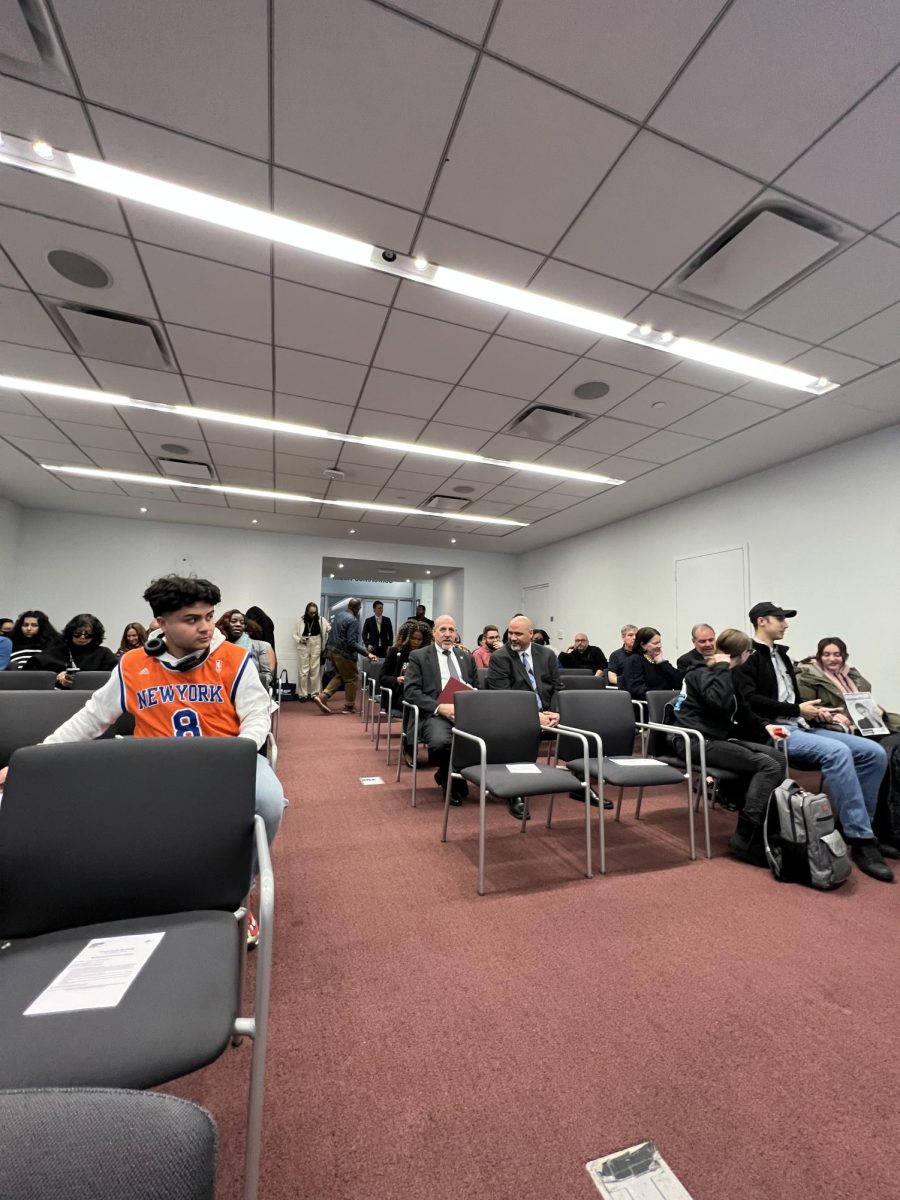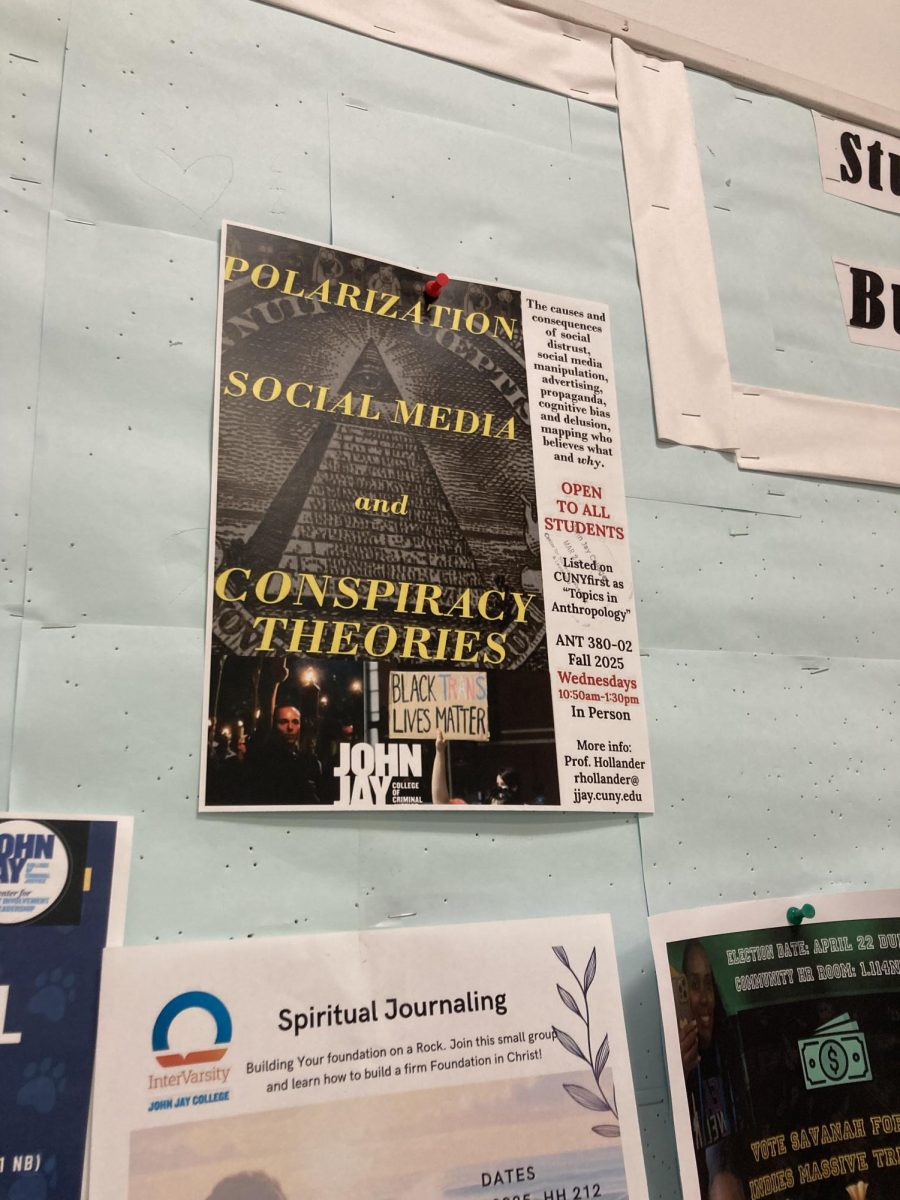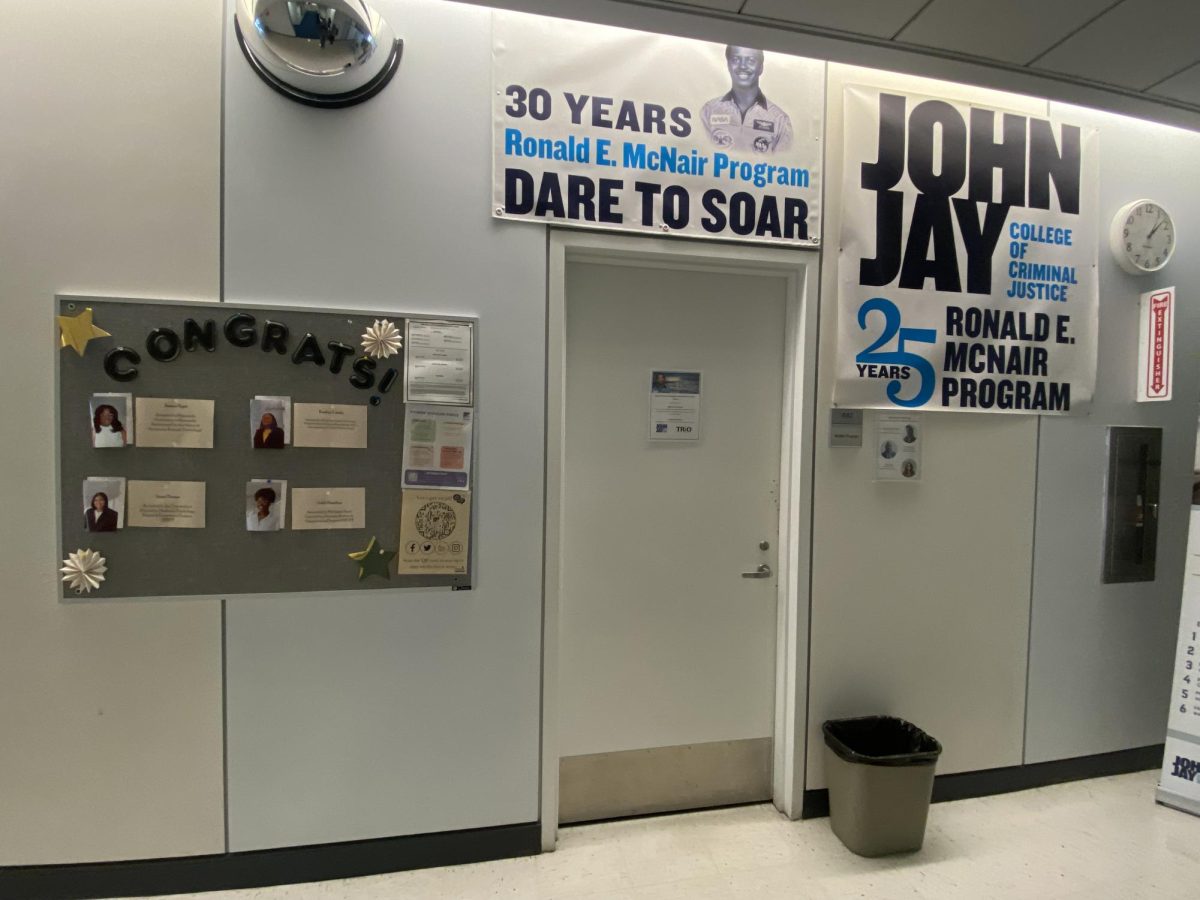Along with Arabic-American Heritage Month and Autism Awareness month, April is also known as Sexual Assault Awareness Month. One of the most important components of the healing process for victims of sexual assault is the way survivors are supported by their friends and peers, as well as the response of their community.
Jessica Greenfield, who has been working at John Jay for 16 years, is a specialist in the area of sexual assault response. She is a counselor for the Women’s Center, a Gender-Based Violence Prevention and Response advocate, and serves as a confidential advocate for students navigating Title IX.
Greenfield commented on the importance of support systems for those healing from sexual trauma.
“Sexual assault can be isolating and there is a lot of research that shows the first person someone discloses to…their reaction has a huge impact on how the survivor heals from the trauma, if they can move forward, and if and how they look for other support,” said Greenfield.
John Jay faculty and staff recognize how important it is for survivor students to know that their school has their back when dealing with the aftermath of an assault.
Greenfield also has witnessed the systematic development of John Jay’s responsive procedures first hand.
“[John Jay] has really worked hard to develop a process that is survivor-centered. Part of being survivor-centered is that the survivor gets to be in the driver’s seat. They get to decide if they want to report and participate in the process. My role is to give [survivors] all the information that I can so that [they] can make an informed decision,” Greenfield remarked.
Greenfield talked further about some of the specific services that John Jay offers to students who have been victimized by sexual assault.
“The support systems set in place at John Jay can take different steps to help survivors. Things like no-contact orders, if someone is worried about being harassed on campus, or escorts to the subway. We try to support students academically, medically, with counseling referrals, or just any other kind of support,” Greenfield explained.
Community response does not end with the Wellness and Counseling Center at John Jay. There are also entire course curriculums based on the recognition of sexual assault, and society’s response to it, as a systemic problem.
“Seeing Rape” is an Interdisciplinary Studies Program (ISP) class taught by Professors Shonna Trinch and Barbara Cassidy. The class focuses on the examination of rape culture in movies, T.V. shows, literature, poetry, memoirs, novels, plays, social science disciplines, and law.
Trinch has been teaching at John Jay for 20 years and completed her PhD dissertation on the narratives of Latina women in domestic violence situations. She commented on the different possibilities of community support.
“Support systems are interesting. I think that the plays themselves are support systems. Strong ones,” Trinch explained, “Some people say that the plays are going to re-traumatize people, but that is not our experience. We find that people who have been victimized say that they have been healed.”
Cassidy, the second “Seeing Rape” professor, has an MFA in Playwriting and has been teaching at John Jay for 12 years. She has devoted her talents in playwriting and directing to overseeing the creation of Seeing Rape plays that are hosted each year in the Gerald W. Lynch Theater.
After over a decade of trying to put the experiences and emotions of sexual assault victims into an artistic delivery, Cassidy commented on how that delivery can be helpful to survivors.
She explained that, “A strong support system can be very helpful for someone who has been sexually assaulted. Some people don’t have that and for the people who don’t, the arts can aid in helping them process their situation.”
In addition to support from the community they are member to, sexual assault survivors can benefit greatly from support from their peers and friends.
There is a delicacy to the situation that requires friends to know exactly how to go about offering this type of support.
Trinch weighed in on this difficulty and gave John Jay students an idea on where to begin.
“The first thing we have to do is listen. After that, the old question of believing should be set aside as the first thought. It is more important to explore what happens to people when this happens,” Trinch explains, “We just need to learn. Don’t act like you know everything. Take classes, read, and be open to other experiences. Move away from whatever skepticism of victims poor rape culture tells you to have.”
Greenfield offered a similar piece of advice.
She proposes that, “The best way for students to support peers or friends who have been sexually assaulted is to listen non judgmentally. Understanding how important the way we respond is and making sure we are not victim blaming or coming from a place of judgment, and encouraging survivors to get connected with additional professional resources is so important.”
Greenfield also reminds that, “There has to be space for the survivor to make their own decisions. When you are in the friend role you have to be mindful of respecting the survivor’s decisions, even if you don’t agree with them or understand them. We can never know fully what a sexual assault survivor is going through.”
Aside from being a listening ear, friends of survivors can also do something to help in the process of getting justice for their friend.
Dana Galante, who worked as a Special Victims Unit Detective in the N.Y.P.D. for 7 years and also specialized in the investigation of sexual assaults, has been an adjunct professor at John Jay for 4 years.
Galante mentions what supporters can do in an effort to help the police get justice for victims of sexual assault.
Galante explains that supporters should try their best to make sure victims “report immediately, as it is always helpful for investigators to preserve evidence. As much as victims want to essentially wash off the crime, it is imperative not to shower and to be taken to the hospital for examination.”
Galante also acknowledged the fact that not all survivors will want to report. In those circumstances, she affirmed the advice offered by Trinch and Greenfield.
“People sometimes want to vent and not necessarily be looking for a response but just an ear to listen. I think the simplest, and most effective form of support, is not judging and listening,” said Galante.
There is so much that John Jay students can do to support sexual assault survivors. They can take classes, read books, participate in advocacy clubs, give their friends someone to talk to, give survivors points of contact, and so much more. The simplest way to summarize everything that can be done by supporters is offered by Professor Cassidy.
“Don’t sit idly by. Speak up,” Cassidy states.


